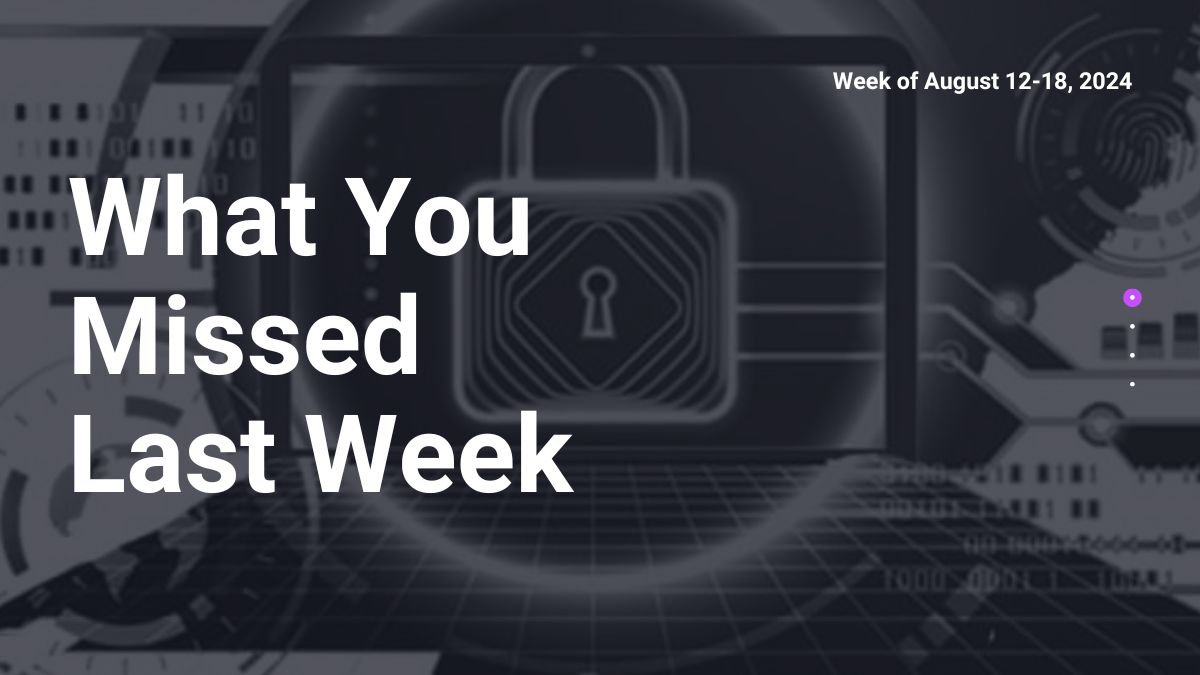Zero Day Vulnerabilities
Microsoft Office Spoofing Vulnerability | CVE-2024-38200: The vulnerability is exploitable remotely and requires no special privileges or user interaction to be triggered.
Critical Severity Vulnerabilities
Microsoft Project Remote Code Execution | CVE-2024-38189: A critical vulnerability in Microsoft Project allows remote code execution via a malicious file. This flaw has a high CVSS score of 8.80, indicating a significant risk if exploited.
High Severity Vulnerabilities
OpenSSH pre-authentication async signal safety issue | CVE-2024-7589: A signal handler in sshd(8) may call a logging function that is not async-signal-safe. The signal handler is invoked when a client does not authenticate within the LoginGraceTime seconds (120 by default). This signal handler executes in the context of the sshd(8)’s privileged code, which is not sandboxed and runs with full root privileges.
PostgreSQL Time-of-Check Time-of-Use (TOCTOU) Race Condition | CVE-2024-7348: This vulnerability allows an object creator to execute arbitrary SQL functions during the pg_dump process by exploiting a race condition. It affects PostgreSQL versions before 16.4, 15.8, 14.13, 13.16, and 12.20.
Roundcube mod_css_styles Information Disclosure | CVE-2024-42010: This vulnerability allows a remote attacker to obtain sensitive information. The insufficient filtering of CSS token sequences in rendered e-mail messages could potentially lead to information disclosure, compromising the confidentiality of user data within the Roundcube webmail system.
Scripting Engine Memory Corruption Vulnerability | CVE-2024-38178: This vulnerability affects the scripting engine and allows remote code execution (RCE) due to improper handling of memory objects.
Medium Severity Vulnerabilities
389-ds-base: malformed user password hash may cause a denial of service | CVE-2024-5953: A denial of service vulnerability was found in the 389-ds-base LDAP server. This issue may allow an authenticated user to cause a server denial of service while attempting to log in with a user with a malformed hash in their password.
Denial of Service in CLFS.sys | CVE-2024-6768: A Denial of Service in CLFS.sys in Microsoft Windows 10, Windows 11, Windows Server 2016, Windows Server 2019, and Windows Server 2022 allows a malicious authenticated low-privilege user to cause a Blue Screen of Death via a forced call to the KeBugCheckEx function.
WebOb’s location header normalization during redirect leads to open redirect | CVE-2024-42353: When WebOb normalizes the HTTP Location header to include the request hostname, it does so by parsing the URL that the user is to be redirected to with Python’s urlparse, and joining it to the base URL. `urlparse` however treats a `//` at the start of a string as a URI without a scheme, and then treats the next part as the hostname. `urljoin` will then use that hostname from the second part as the hostname replacing the original one from the request. This vulnerability is patched in WebOb version 1.8.8.
1Password macOS Local Information Disclosure | CVE-2024-42219: A vulnerability in 1Password for macOS allows local attackers to exfiltrate vault items due to insufficient validation in XPC inter-process communication.

Leave a Reply